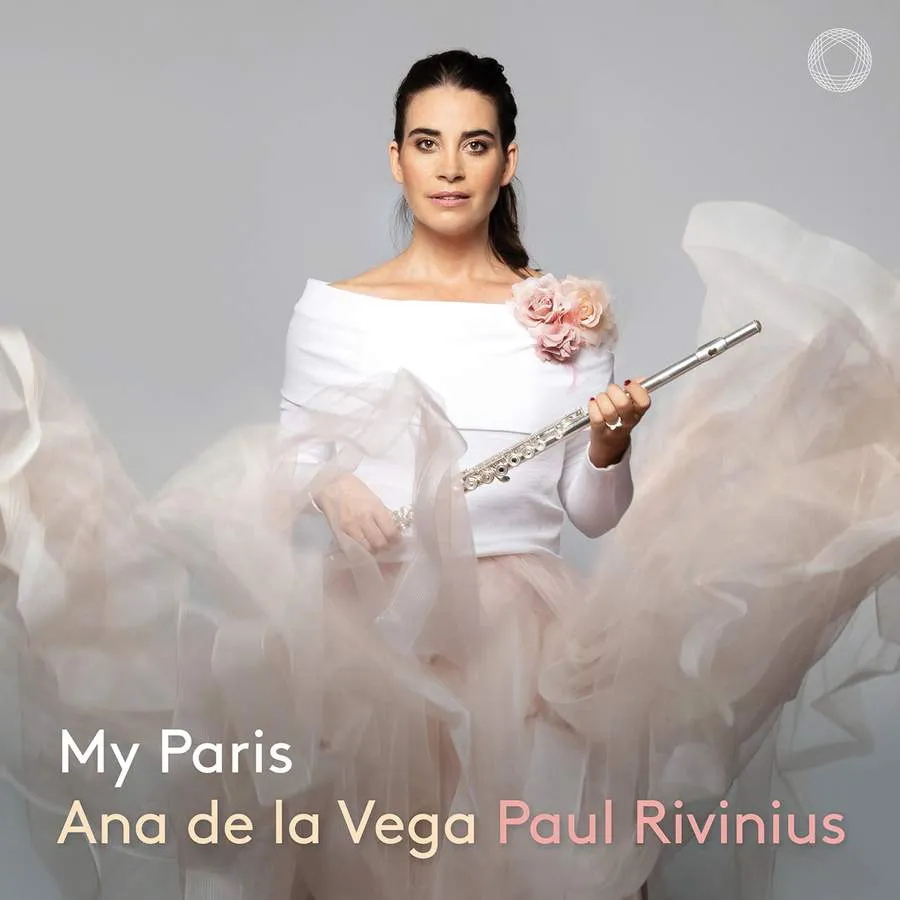
My Paris Chaminade: Concertino, Op. 107; Mozart; Sonata No. 21 in E minor, K304; Poulenc: Flute Sonata; plus works by L Boulanger, Debussy, Fauré, Massenet, Paradis, Ravel, Röhn, Saint-Saëns and Satie Ana de la Vega (flute), Paul Rivinius (piano) Pentatone PTC 5186 873 88:35 mins
‘No other city has been so important to the development and history of a single instrument as Paris has been to the flute,’ writes Ana de la Vega. The city’s conservatoire played an important role – among other things, it engendered Cécile Chaminade’s Concertino in D major: written as an exam piece, it has gone on to be a cornerstone of 20th-century flute repertoire. De la Vega takes a more relaxed pace than her contemporaries (such as Sharon Bezaly on BIS) both in this work and elsewhere, pausing to smell the flowers in these beautifully planted Parisian beds. The first movement of Poulenc’s Sonata verges on hesitant (potentially useful listening for ABRSM Grade 8 candidates), while Fauré’s Morceau de concours is elegantly elongated.
A few surprise transcriptions include Lili Boulanger’s Nocturne, Mozart’s Sonata in E minor (written to commemorate his mother, who died while the composer was trying to secure employment in Paris) and Maria Theresa von Paradis’s Sicilienne, all originally written for violin. Carmen Suite, arranged by Daniel Röhn and premiered on this recording, provides a fun finale – including a virtuosic Habanera.
De la Vega’s normally rounded tone feels a little thin in places; the sound is not as clear as, say, Adam Walker’s French Works for Flute on Chandos, or Peter Lukas Graf’s 1999 collection for Claves. Tolerance of key slaps and sharp inhalations will be a matter of taste.
Claire Jackson
More reviews
Kodály: String Quartet’s Nos 1 & 2